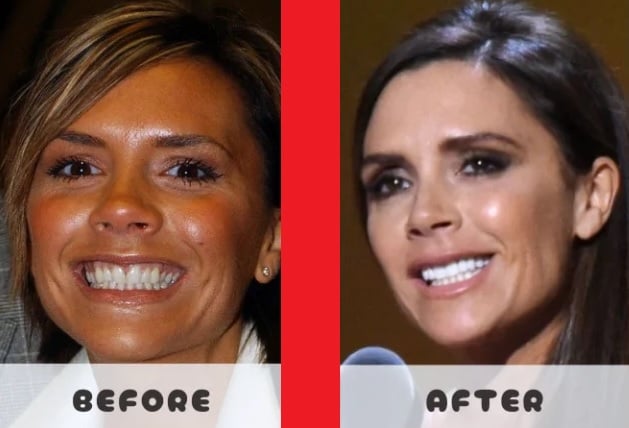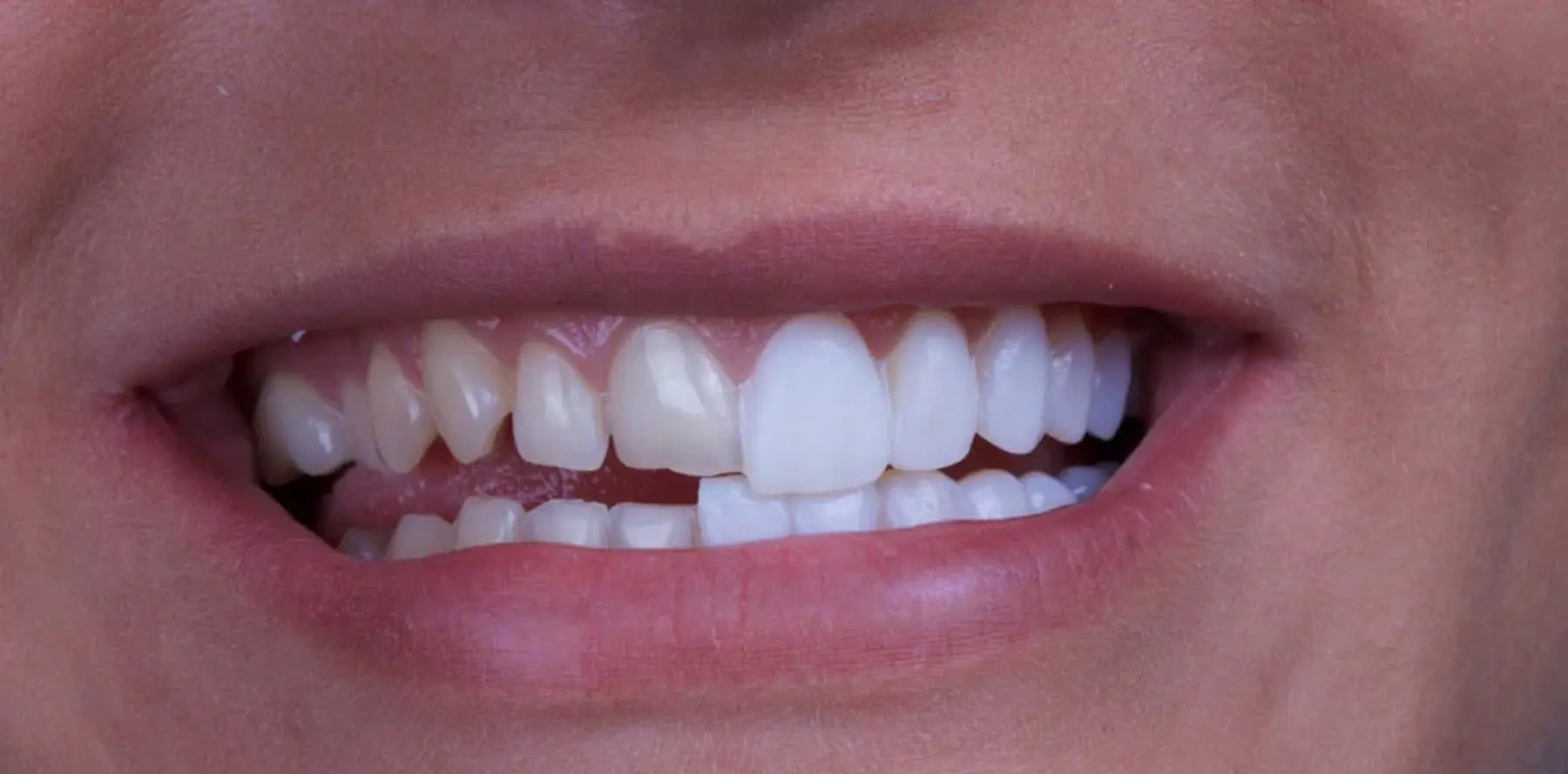What Causes Pain After a Tooth Filling?
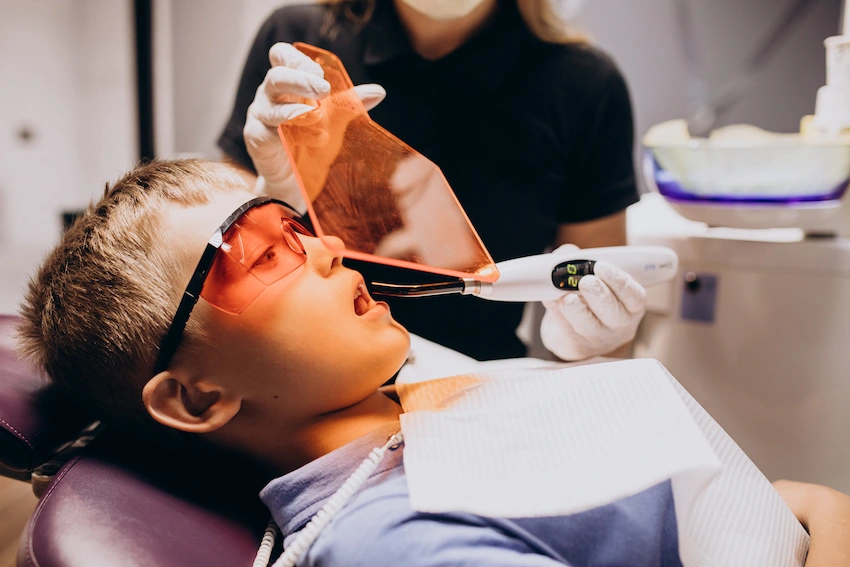
What Does Pain After A Tooth Filling Mean?
It is quite normal to have tooth pain immediately after a tooth filling. However, persistent pain may lead to worries for sure. The main thing is to identify the reason behind the pain. Understanding different aspects of the pain issue, such as its roots, duration, and bad signs, is crucial when you are recovering.
What Are the Causes of Tooth Pain After Tooth Filling Treatment?
Are tooth fillings likely to cause discomfort? Do people find this discomfort to be a source of pain relief? What symptoms do you observe? People are usually aware of the problems that arise which are most often caused by a close to the bulb or nerve location of the tooth, still, they also get to know at this moment about the irritability of the gums that came about as a result of the entire mission of the dental task. However, the teeth are still undergoing the healing process before they finally recover, hence the temperature change can still cause the tooth to be sensitive. If so, how long does this pain usually last, and in what form it appears in the context of other health problems?
Is It Normal to Feel Pain After a Tooth Filling?
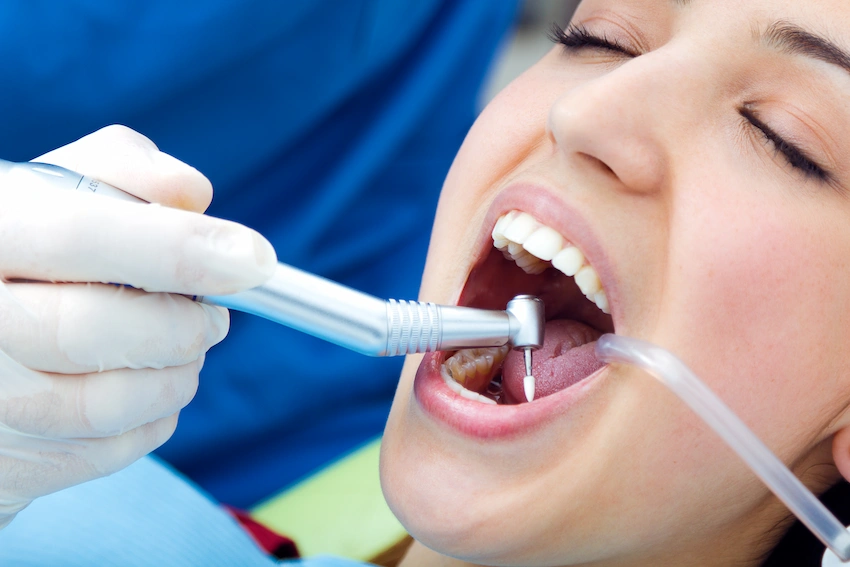
Definitely, it is a common thing to have aches or sensitivity after a restoration tooth filling in a tooth, especially in the very first days following the procedure, and that is ok. The problem here may be that the tooth gets used to the new tooth filling, thus being sore after the procedure.
The hurt can go to the nerve to get felt more often and powerfully if the caries are too advanced or the pain goes closer to the nerve, and, in most cases, the surrounding gums will also turn red and swollen. A bad diet may also lead to tooth trauma, and the patient can experience a bad taste in the mouth.
Moreover, a pain-relief method is to ingest beverages that are very cold or very hot, and that can cause a higher degree of gamma activity. Otherwise, taking an anti-inflammatory drug is an option for every patient who is feeling strong tooth pain. If the pain is still present, go to your dentist right away.
How Long Will I Have Pain After A Tooth Filling?
Discomfort that follows dental fillings usually goes away in a matter of a few hours, days, or weeks at most. Usually, the pain goes away, especially if the tooth was not damaged much during the operation and if it can heal itself. For instance, the pain is mild to medium. On the other hand, if the pain becomes increasingly severe as time goes on, then you should know that the resin is not fitted properly, it is too big, or it needs to be changed. Another case might be that your tooth is aching because something deeper than the tooth filling trouble is going on. In those cases, a doctor’s appointment should be done quickly, as the nerve tissue is most likely in the process of decaying or an infection is probably occurring.
What Actions Are to Be Taken to Prevent Pain After a Tooth Filling?
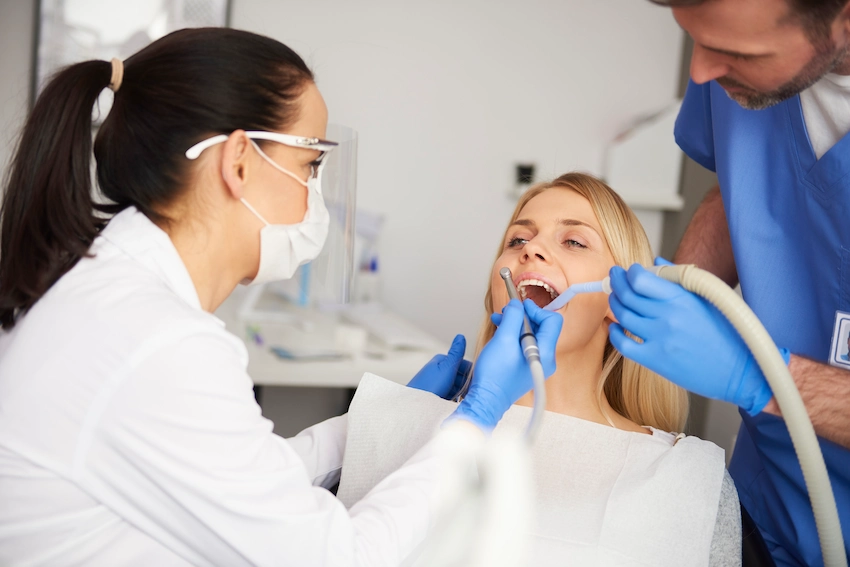
First, to reduce the pain after a tooth filling, one should strictly follow some simple actions. Firstly, the tooth with the filling should not be bitten or chewed at least for the first 24 or 48 hours to allow it to acclimate. Keep away from hard foods during this period and do not let very hot, cold, or hard food touch your teeth; otherwise, it can cause discomfort. It is possible to alleviate the pain with the means of over-the-counter analgesics such as ibuprofen or acetaminophen, which will also have a reducing effect on the swelling. A cold compress on the applied side can also lead to a decrease in the swelling and, as a result, the sensitivity. If the pain keeps persisting or turns into a serious one, it is preferred to get in touch with a dentist and make an appointment with them for a complete check-up.
How to Realize When One’s Tooth Filling Isn’t Filled?
At times, the tooth filling might fail to serve and become unsuccessful; in such cases, the pain after a filling may be the result of this. That same ineffective filling can cause discomfort, which can make the pain prevail when you are chewing or biting. If that is the case, your bite is uneven or the filled tooth is higher than the rest of the teeth, which is the foremost reason for the discomfort you feel when you chew. The other symptoms of a failed filling are that one may notice the filling cracks, the filling gets detached in pieces, etc. The best course of action in any case of these symptoms is to make an appointment with a dentist to avoid potential problems such as tooth decay or nerve damage.
In What Situations Should I See a Doctor After a Dental Filling?
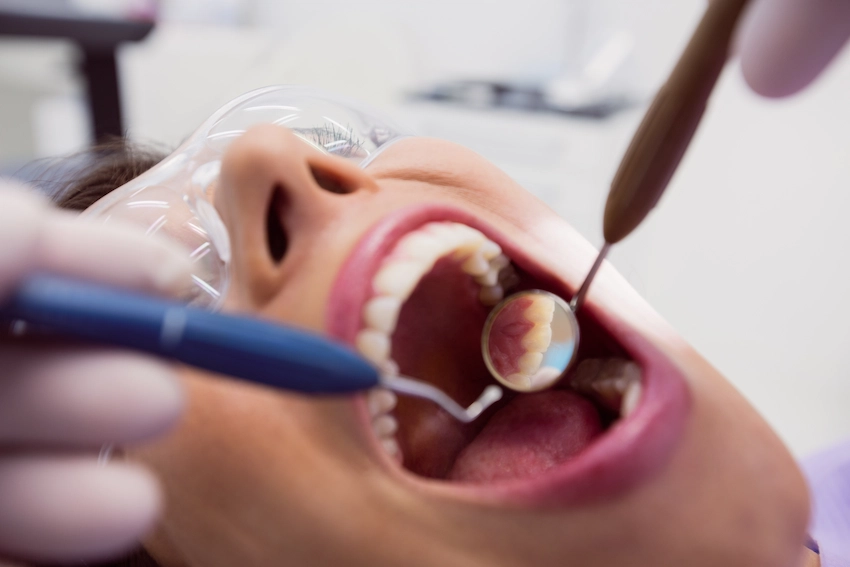
It becomes more likely to see a professional dentist if the pain after a filling becomes unbearable, it lasts more than a week, or if it is accompanied by other worrying symptoms. There is a need to consult your dentist if you experience pain when you are chewing or biting, especially if you think that it is only due to the filling, as it would feel hard or might be unequally spoiling the tooth surfaces. Further, if the filling is missing, it has developed cracks, or it has become loose, immediately arrange for a visit to the dentist to get the tooth checked without waiting for further destruction to occur. If you see signs of infection, such as swelling, pus, or an increased temperature around the part being cured, you ought to quickly reach out to your dentist. These are the characteristics that indicate the presence of an infection in the teeth as well as the further complications that may arise from it.
The very filling that your tooth may not be used to causes pain due to the material, particularly if the cavity is quite deep or close to the nerve. The pain is usually of a mild and temporary nature, but it may be induced by gum discomfort if the material used for the filling is extra high.
Pain and tooth tenderness are common after the professional intervention of a dentist and may even take a few hours up to several days to be relieved, depending on the size and cavity location of a particular situation. If it turns out that the problem is still persisting for more than a week or that it is deteriorating, it is a must that a professional dentist be called for the proper examination and treatment of the situation.
A day or two, in worst-case scenarios, is an adequate time to keep away from at least that spot of your mouth where the filling was settled. In that time, it is also recommended to be on the safest terms while consuming your favorite yet light foods and avoiding very hot, cold, or hard food options that can provoke the symptoms of sensitivity and discomfort.
Try to reduce the pain by using OTC pain relievers and stop chewing on the side of the mouth where the pain is. If the pain persists or becomes stronger or if you start feeling symptoms such as swelling or increased teeth sensitivity, contact your dentist and they will advise you accordingly.
Prolonged pain caused by a dental filling may be due to the alteration of the filling, that is, the resistance of the material not being in place or causing excessive pressure on the tooth. Such pain can also be an indication of a deeper problem, like infection or nerve damage, both of which conditions quickly demand the attention of your dental expert.
